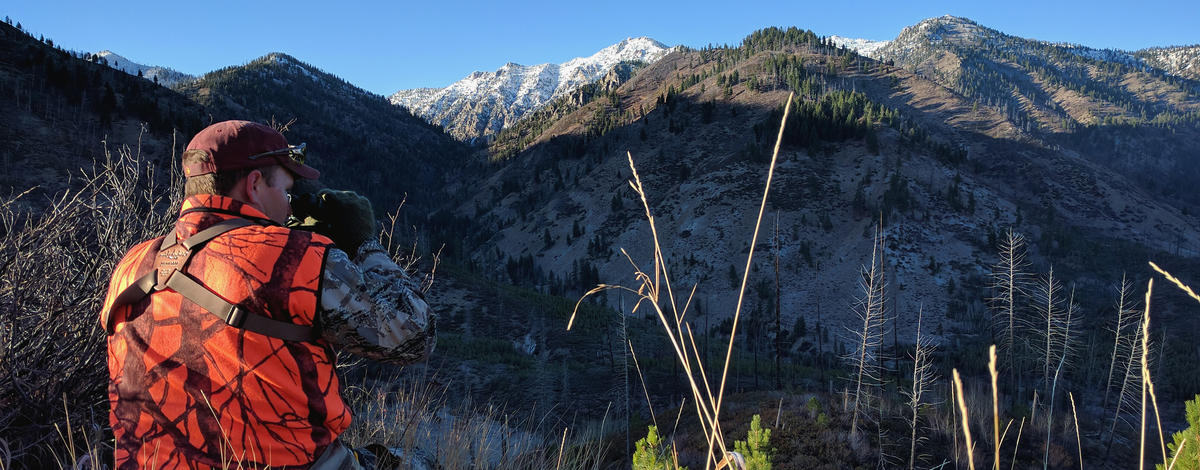Idaho is well known for all the public land that provides easy access to outdoor recreation, especially hunting and fishing. At the same time private lands, including the abundant corporate timberlands across North and Central Idaho, are some of the most productive for wildlife.
Traditionally, many corporate timber companies, as part of rural communities, allowed the public to hunt on their property. As ownership of these lands change hands, hunters can lose their traditional hunting spots, sometimes ones they’ve been hunting for generations. Private hunting preserves and leases are also a growing trend across the nation.
In an effort to maintain and increase sportsmen’s access to corporate timberlands and other private lands, Idaho Fish and Game has entered into financial arrangements with landowners for their support of hunting, fishing and trapping.
Recently Idaho Fish and Game developed the Large Tracts program, as part of their Access Yes! Program, preserving sportsmen’s access to nearly 900,000 acres of private land.
To find out more on the rules guiding the new large tract partnerships go to Fish and Game’s website at: idfg.idaho.gov/access/large-tracts.
To learn more about Fish and Game’s private land partnerships go to idfg.idaho.gov/access
Whether you’re on public land or private land (with permission), consider these guiding principles for being a responsible user:
- Treat all lands with respect. Leave them as good or better than you found them.
- It’s your responsibility to know whose land you’re on, and follow the rules for that property.
- Be careful with fire, and respect burn restrictions when they’re in effect. Never leave a burning or smoldering campfire. It should always be completely extinguished.
- Do not damage roads and trails, and abide by travel restrictions, such as closed roads, nonmotorized trail restrictions, vehicle restrictions, camping restrictions, etc.
- If you see someone damage lands, or violate travel restrictions, be a good witness. Get a vehicle license number, vehicle description, or other information. Report them to the county sheriff’s office, or other law enforcement agency. Avoid a direct confrontation with the violator.

